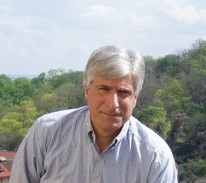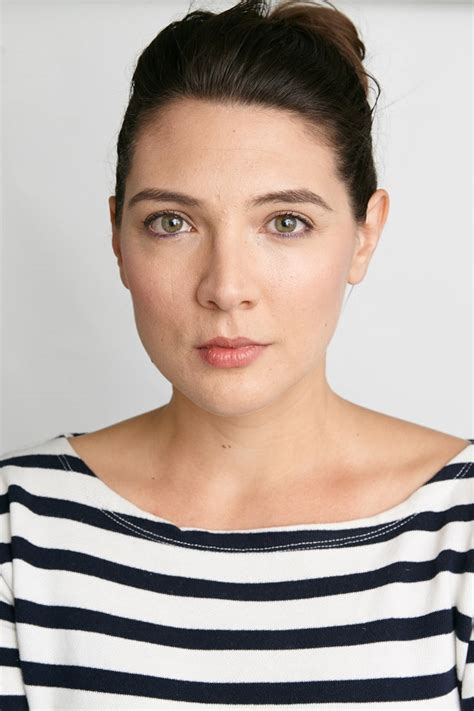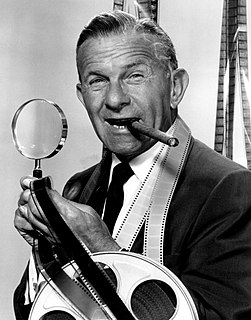A Quote by Jeffrey Zeldman
My first typewriter cost me $75. I can't tell you how many hours it took me to earn that money, or how proud I was of that object. I wrote my first books on it. They will never be published, but that's all right.
Related Quotes
When I wrote the first Betsy book, 'Undead and Unwed,' I had no idea, none, that it would be a career-defining, genre-defining book, the first of over a dozen in the series, the first of over 70 published books, the first on my road to the best-seller list, the first on my road to being published in 15 countries.
I didn't write professionally at first. It took me nine years to get anything published. At the beginning I mostly wrote picture books, which were rejected by every children's book publisher in America. The first book of mine to be accepted for publication was ELLA ENCHANTED, and not one but two publishers wanted it. That day, April 17, 1996, was one of the happiest in my life.
I'd finished the first two [books] and they were going to to be published, and [editor] said, "We need you to write a summary that will drive people to these books." And it took forever. I couldn't think of a thing to say. I looked at the back of other children's books that were full of giddy praise and corny rhetorical questions, you know, "Will she have a better time at summer camp than she thinks?" "How will she escape from the troll's dungeon?" All these terrible, terrible summaries of books, and I just couldn't.
Money is the root of all evil.' Then we hear, 'A fool and his money are soon parted.' What are they talking about? If money is so evil, shouldn't it be, 'A wise man and his money are soon parted'? And another thing, how does a fool get money in the first place? I know some fools who have a lot of money, but they won't tell me how they got it, and I won't tell them.
My last point about getting started as a writer: do something first, good or bad, successful or not, and write it up before approaching an editor. The best introduction to an editor is your own written work, published or not. I traveled across Siberia on my own money before ever approaching an editor; I wrote my first book, Siberian Dawn, without knowing a single editor, with no idea of how to get it published. I had to risk my life on the Congo before selling my first magazine story. If the rebel spirit dwells within you, you won't wait for an invitation, you'll invade and take no hostages.
How did it happen that an enlightened country like Germany was pulled into Nazism? That question has occupied me since 'The Tin Drum,' my first book. The story also shows that we can never know how a person's life will unfold; there is no guarantee that a person will do what is right and avoid what is not right.
A life is such a strange object, at one moment translucent, at another utterly opaque, an object I make with my own hands, an object imposed on me, an object for which the world provides the raw material and then steals it from me again, pulverized by events, scattered, broken, scored yet retaining its unity; how heavy it is and how inconsistent: this contradiction breeds many misunderstandings.
You go to the cinema and you realize you're watching the third act. There is no first or second act. There is this massive film-making where you spend this incredible amount of money and play right to the demographic. You can tell how much money the film is going to make by how it does on the first weekend. The whole culture is in the crap house. It's not just true in the movies, it's also true in the theater.


































